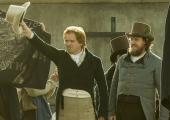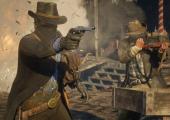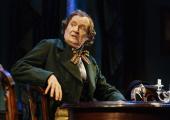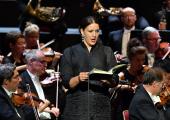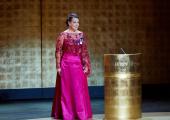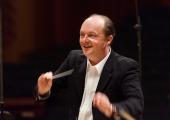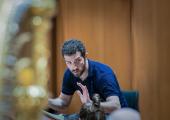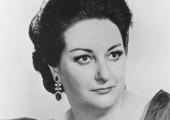Edward Burne-Jones, Tate Britain review - time for a rethink?
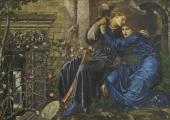
Wide-ranging exhibition of idiosyncratic English artist, both loved and loathed
When, in 1853, Edward Burne-Jones (or Edward Jones as he then was) went up to Exeter College, Oxford, it could hardly have been expected that the course of his life would change so radically. His mother having died in childbirth, he was brought up by his father, a not particularly successful picture- and mirror-framer in the then mocked industrial city of Birmingham. Early on at King Edward’s School he was marked out as a pupil of promise and transferred to the classics department which enabled him to attend university and prepare for a career in the Church.

